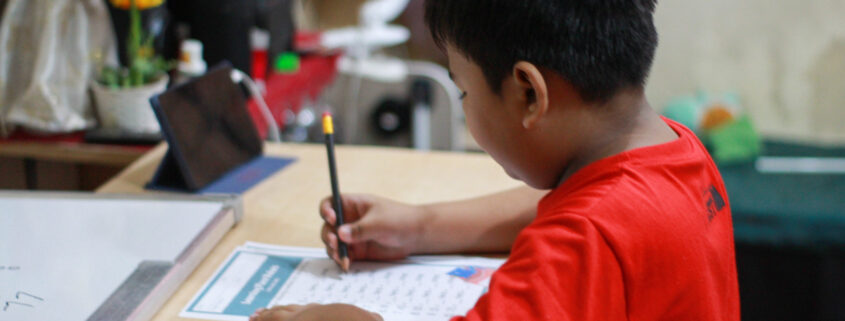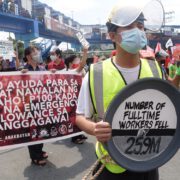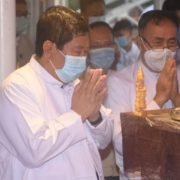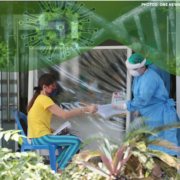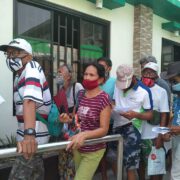Lockdown learning: Making education accessible despite the pandemic
This five-episode podcast was produced by UrbanisMO.PH and Young Public Servants with support from Friedrich-Ebert-Stiftung Philippines, International Center for Innovation, Transformation, and Excellence in Governance (INCITEGov) and PCIJ.
BY AARON MALLARI / Philippine Center for Investigative Journalism
What’s the big picture? Education stakeholders agree that learning must continue, even through blended learning, despite the Covid-19 outbreak. Teachers and learners, however, have to contend with problems in internet access and more needs to be done to ensure that no student is left behind. Blended or distance learning also presents opportunities for innovation in instruction.
Why it matters: Continued learning can help mitigate the effects of the pandemic on the development of young children, who are forced to stay at home.
What are the facts? Dr. Grace Zozobrado-Hahn, a physician and Steiner-Waldorf Education practitioner based in Palawan, says children face their own set of challenges during the pandemic, while Regina Sibal, former principal of Miriam College Grade School and Far Eastern University Senior High School, outlines measures that the government and the education sector need to take to ensure continued access to education. Elsa Magtibay, a school administrator at Xavier School in Sta. Rosa, Laguna, points to opportunities to improve educational delivery.
The bottomline: Experts agree: Education must adapt to the so-called ‘new normal,’ which entails the government to take the lead and support teachers and parents as they take on bigger roles.

